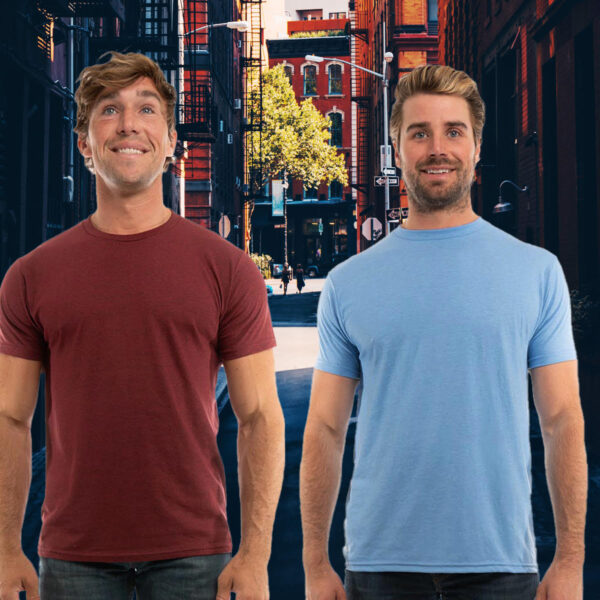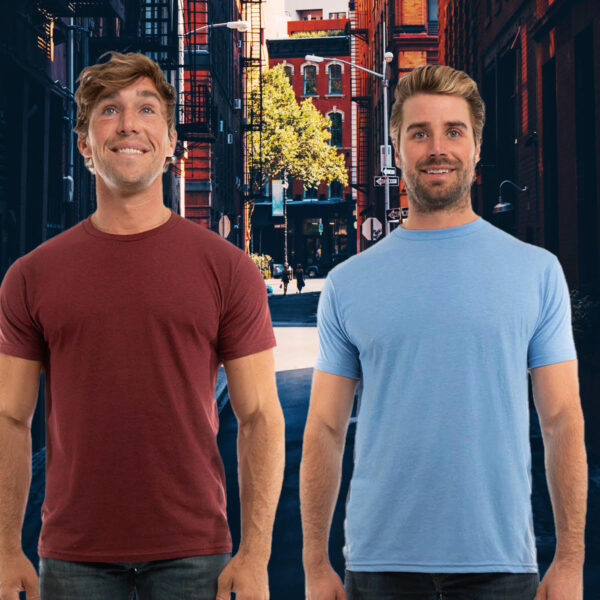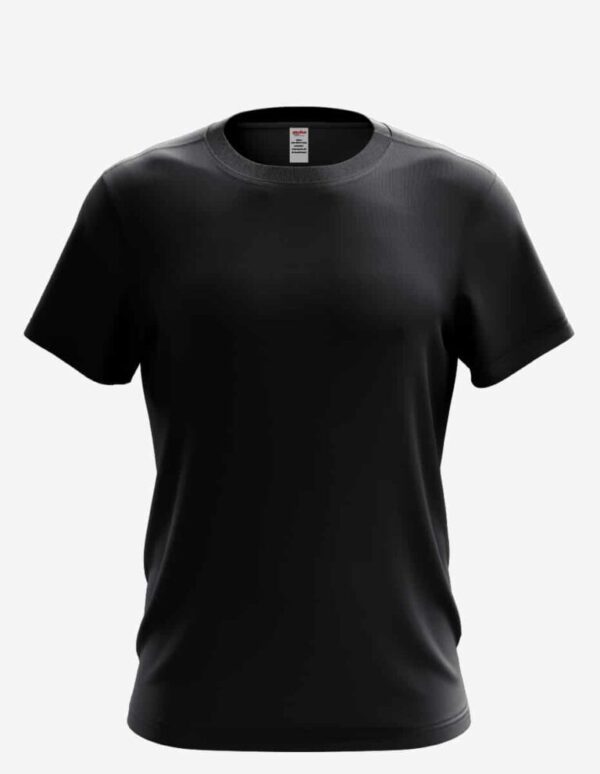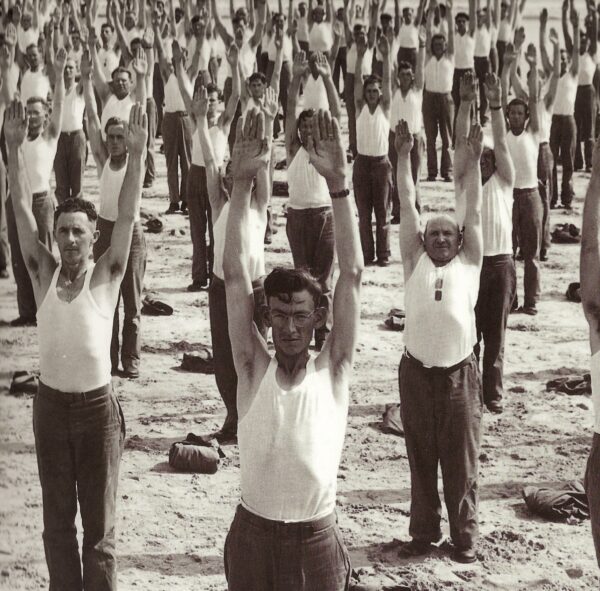
Can you make money Selling T-Shirts?
Can you make money Selling T-Shirts? Embarking on the journey of selling T-shirts adorned with your unique artwork, witty phrases, or creative designs opens a gateway to both self-expression and financial opportunity. While it’s true that a T-shirt business can yield profits on each unit sold, the key to sustained success lies in the marriage of captivating graphics with premium quality T-shirts. Let’s delve deeper into why prioritizing quality is paramount for anyone venturing into the T-shirt industry. Selling T-shirts offers a canvas for




